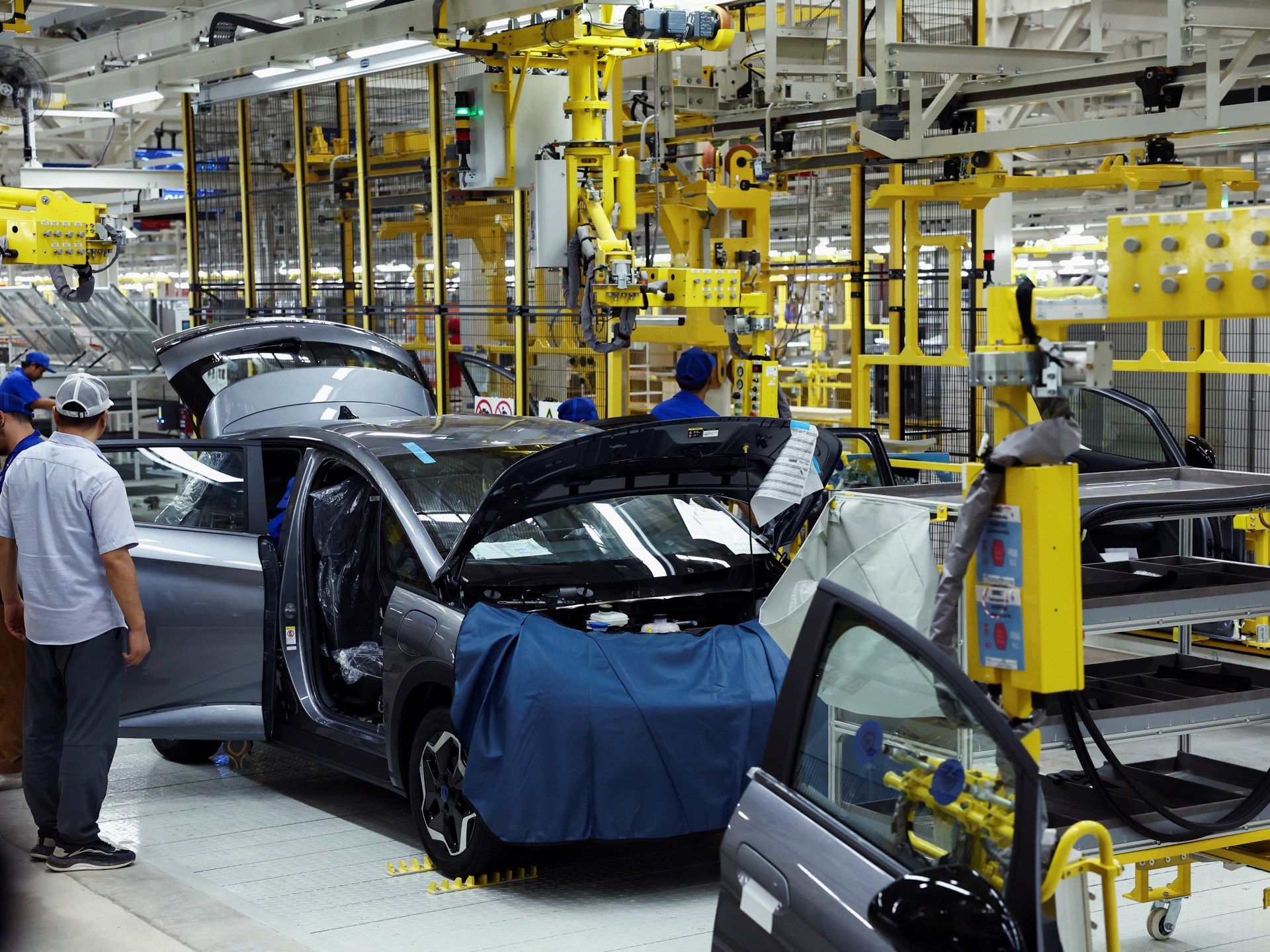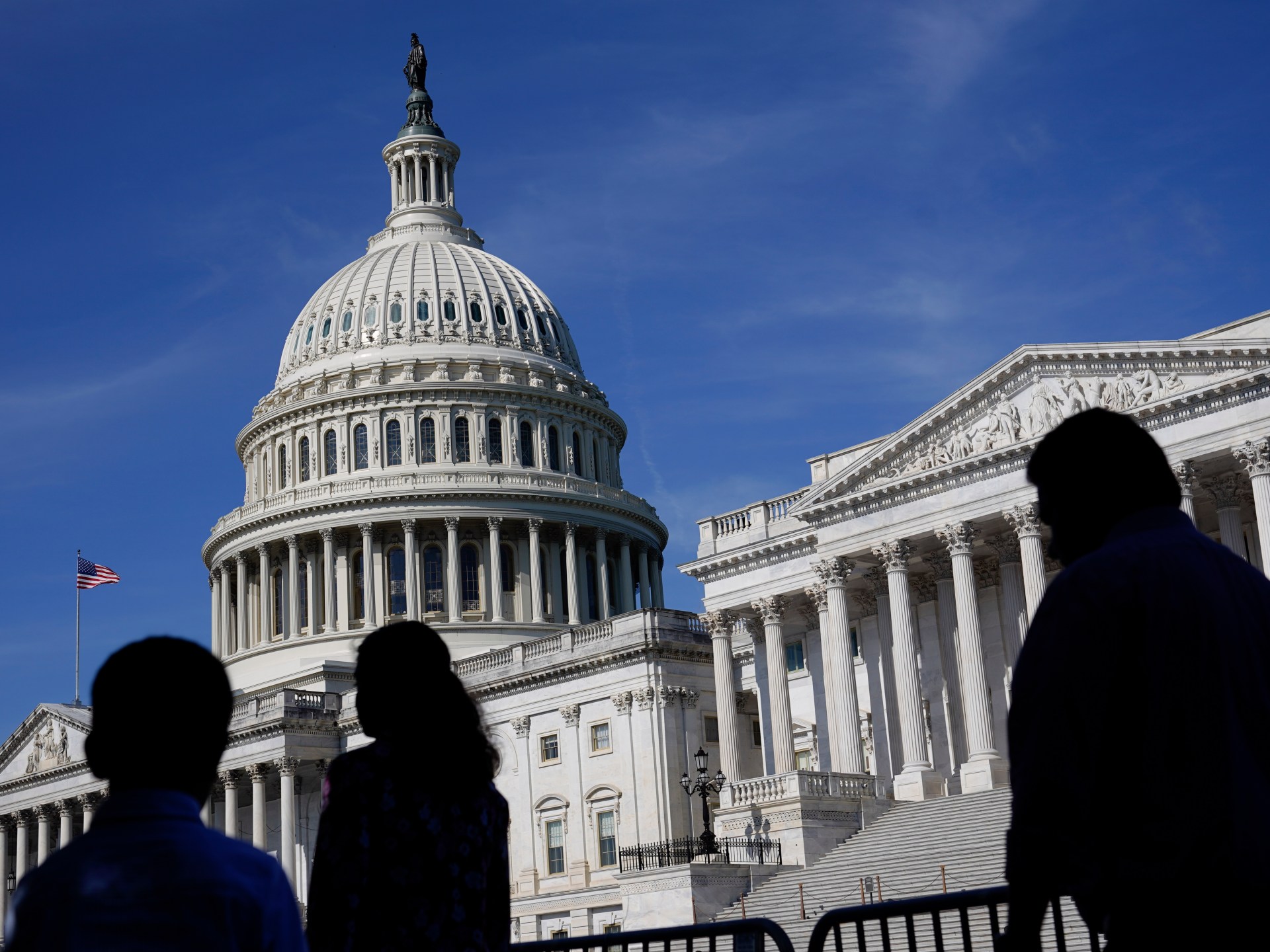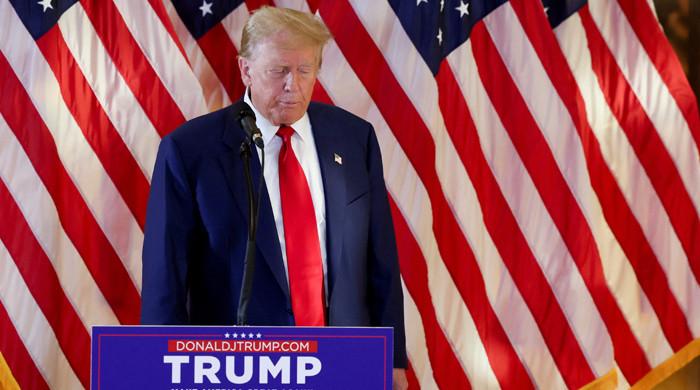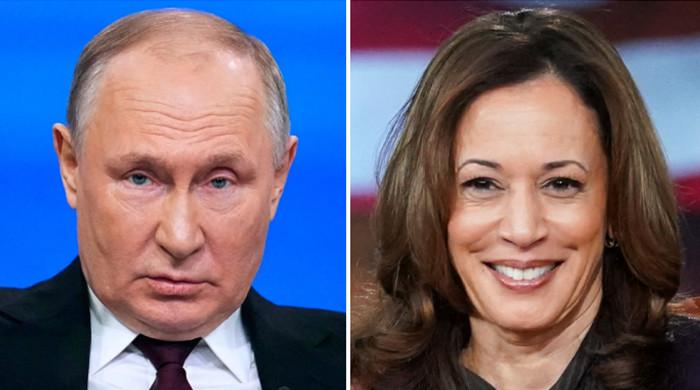Volkswagen, Europe's largest carmaker, warns that additional tariffs will not strengthen the European car industry.
The European Union has imposed additional tariffs of up to 37.6 percent on imports of electric vehicles (EVs) made in China, the bloc announced, despite warnings from Beijing that the move would spark a trade war.
The European Commission said Thursday that the tariffs were put in place because of “unfair” state subsidies and will start to apply on Friday.
However, there is a four-month period during which the tariffs are only provisional and talks are expected to continue between the two sides.
The Commission, the EU's executive body, last year launched an investigation into Chinese electric vehicle makers to determine whether state subsidies were unfairly undermining European carmakers.
After four months, when the investigation is concluded, the Commission could propose “defined rights” that would apply for five years and on which the 27-member bloc would vote.
The move raises tariffs from the current level of 10 percent as trade disputes between the EU and China widen, focusing particularly on green technologies.
The provisional tariffs of between 17.4 percent and 37.6 percent, with no retroactive effect, are designed to prevent what Commission President Ursula von der Leyen has called a threatening flood of cheap electric vehicles built with state subsidies.
The Chinese government has previously said it would take “all necessary measures” to safeguard the country’s interests, which could include retaliatory tariffs on exports to China of products such as cognac or pork.
The United States has already raised tariffs on Chinese electric vehicles to 100 percent, while Canada is considering similar measures.
“There is still a four-month window before arbitration, and we hope that the European and Chinese sides will move in the same direction, show sincerity and push forward the consultation process as soon as possible,” said He Yadong, spokesman for China's Ministry of Commerce.
Tariffs on Chinese manufacturers include 17.4 percent for BYD, 19.9 percent for Geely and 37.6 percent for SAIC, the EU said.
Companies deemed by the EU to have cooperated with the anti-subsidy investigation, including Western carmakers Tesla and BMW, will be subject to tariffs of 20.8 percent, and those that did not cooperate, to a rate of 37.6 percent.
The Commission has estimated that Chinese brands' share of the EU market has risen to 8 percent from less than 1 percent in 2019 and could reach 15 percent by 2025.
He said prices are about 20 percent lower than those of EU-made models.
Volkswagen, Europe's largest carmaker, has criticised the proposed tariffs, warning they will not strengthen the European auto industry in the long term.
“The negative effects of this decision outweigh any benefits for the European and especially the German automotive industry,” a Volkswagen spokesman said in a statement.












